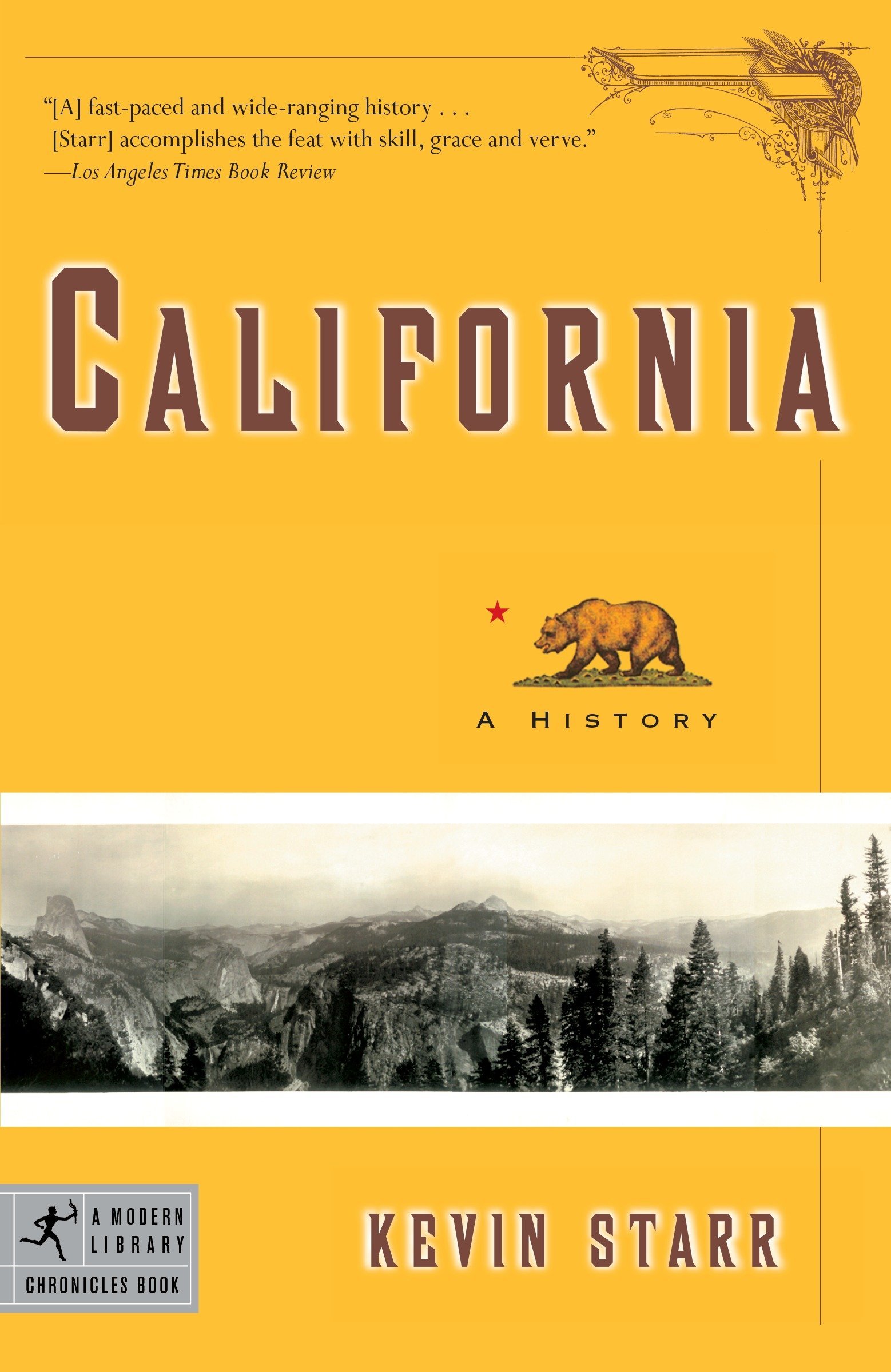This fairly brief history of the state covers the beginnings of the land we have come to call California to the early 2000s. An interesting thing about reading a history of the state in which I grew up is the fact that I recognized far more history than I thought I knew. State history was covered in seventh grade; I have always wished that state history was covered again at a slightly later time when I would be prone to remember it better and when history could be discussed with slightly more nuance, so discovering that I knew the state better than I thought I did was in some ways a pleasant surprise.
Reading about the state's history also made me realize one other thing, given that I'm also reading a list of Chinese literature. It's much easier to get a grasp on new elements of history that one is already familiar with. With China, I largely feel lost in many cases. A basic history of the country, while useful and interesting, remains difficult to remember once the book is read. Here, because so much of the history was drilled into me over the years, I understand the outline of the events and can better figure out where new facts fit in.
Starr's book doesn't dwell much on the prehistory of the land--just a few pages on the geography and landscape and a few more on the Native cultures that preceded the arrival of Western settlers. In other words, Starr focuses his account on what we have written records for, and that worked well for my own interests.
Starr's overall point with the book is that California is in many ways a microcosm for the United States. The same political, cultural, and environmental issues that have so impacted the nation have played similar roles in this one state, which has come under the control of Spanish, Mexican, and American governments. One thing that I found interesting regarding the pre-American California was the degree to which the United States, as well as other powers, such as Britain and Russia, were scheming, from fairly early on, to take the area for themselves. It seemed rather inevitable, in Starr's telling, that once Mexico gained independence it would lose much of its North American territory. Such was the greed of the colonial powers.
Other passages of interest included Starr's exploration of the development of California's culture in the late 1800s. I was unaware of the extent of the bohemian movement in the state and would like to read more about that--what such people's views were and how they lived their lives during that period.
Also of interest to me was Starr's discussion of the rather contemporary development of California's politics. I was alive for much of this, and remember many of the events, but coming to them in a book, as an adult, was intriguing. I don't think I quite realized how nonidealogical many of the state's politicians were from about the 1950s to the early 1970s (even as Republicans dominated elections). Since then the state has moved toward the same sort of liberal/conservative division that has afflicted our nation, with rural areas much more conservative and urban areas, where most of the population is, more liberal.







No comments:
Post a Comment